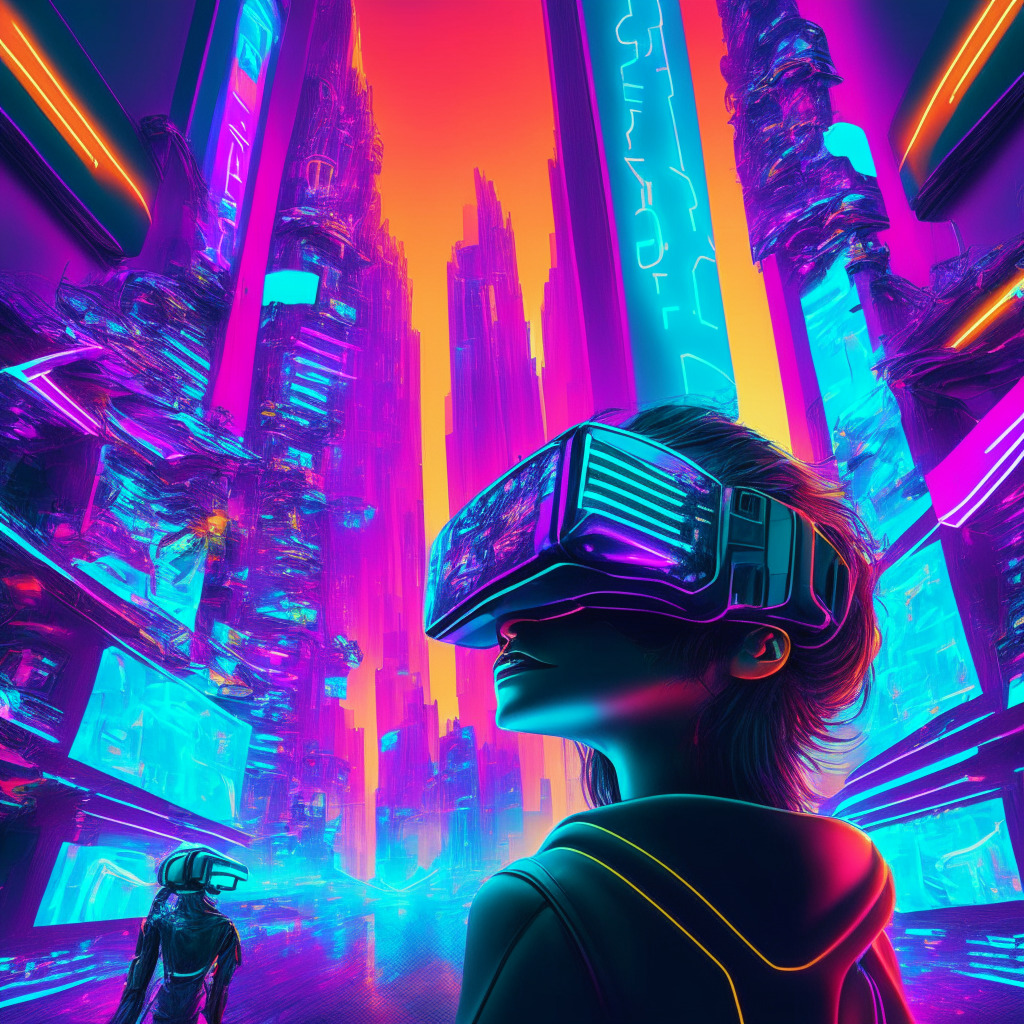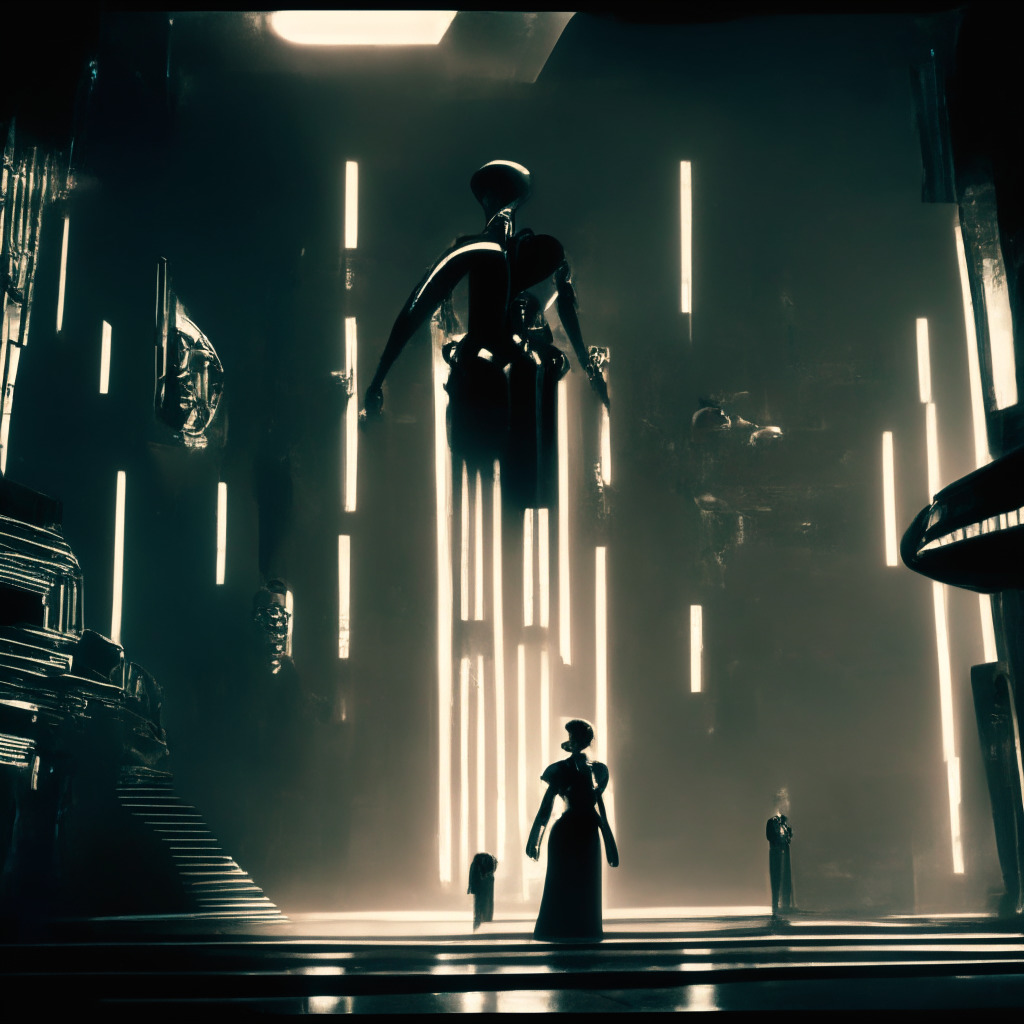In a recent interview, Mark Zuckerberg, Meta’s CEO, disclosed his unwavering commitment towards leading the metaverse race. Anchoring his conviction is the belief that future developments in artificial intelligence (AI) are pivotal for establishing Meta’s metaverse dominance.
Possessing technology that can collide the boundaries of virtual and augmented reality (VR/ AR) with AI is elemental in achieving this vision. As part of this plan, Zuckerberg pointed out an increase in its generative AI functionality across Facebook, Instagram, and WhatsApp. Although Meta has pumped billions into evolving the 3D immersive world known as the metaverse, the social media giant is yet to witness substantial returns.
However, it’s important to note that technology adoption can take time, and achieving a radical shift such as Meta’s metaverse vision might not reap instant dividends. Zuckerberg reiterated that AI components would be essential in enhancing the digital avatars within the novel VR space, allowing users to personify themselves and interact in this vast, artificial sphere.
This AI-driven initiative amplifies the social dimension, furnishing businesses, artists, and individuals with AI assistants, fostering interaction, engagement, and creating immersive gaming experiences. Zuckerberg deduced that this unique blend of AI and social interaction is the secret sauce for Meta’s near-term goal.
Zuckerberg’s interview also delved into Meta’s recently launched smart glasses, created in association with renowned eyewear company Ray-Ban. Powered by generative AI, these smart glasses harness advanced image quality and form factors, administering a virtual assistant and companion available anytime. This innovation accentuates the potential impact of AI in reshaping gadgets and everyday utilities.
However, in spite of these promising advancements, sailing hasn’t been smooth for Meta. The company’s profits recently took a hit, declining by 23% to $5.7 billion. Despite this financial hiccup, Zuckerberg remains steadfast and continues to endorse his metaverse vision. Industry behemoth Microsoft-backed OpenAI has a significant lead in the AI landscape, with their software now capable of sourcing up-to-date information from the internet.
In the face of such competition, Zuckerberg remains optimistic, betting on Llama 2’s technology integration with Meta AI as their unique edge in this relentless race. This anticipated technology stack could indeed be the game-changer, significantly reshaping business operations in the near future. It’s a challenging landscape, but perhaps the very challenge Meta needs to seal its ground in the upcoming metaverse era.
Source: Cryptonews




